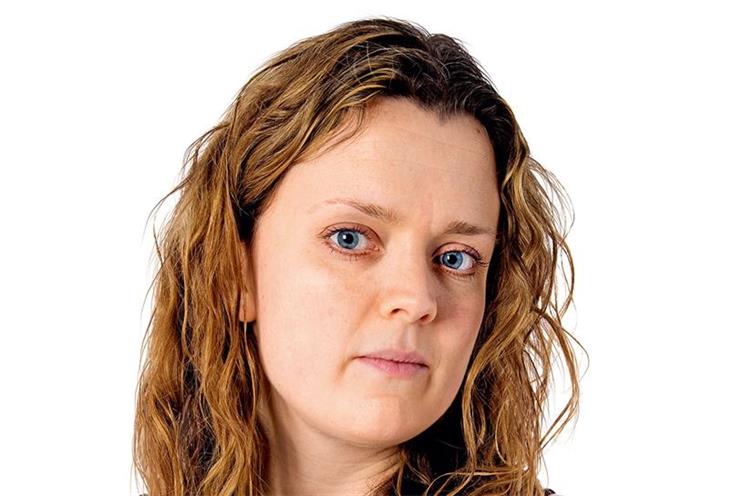After all, programmatically bought digital media is at the heart of the two big issues dominating the trade press and its conference stages at the moment: ad fraud and ad-blocking.
DigitasLBi’s international chief creative officer, Chris Clarke, sets out an impassioned manifesto for overcoming ad-blocking through creativity.
But I want to talk about fraud. As 北京赛车pk10 has highlighted over the past few weeks, the potential impact of programme finance deals on the TV market and transparency in the UK is significant. Yet it pales in comparison to online ad fraud.
A panel will discuss the ANA’s study on ad fraud among its members in the Sunshine State this afternoon. Having looked through the findings, one of the surprises was that advertisers generally aren’t getting better at taming this beast – the average advertiser’s "bot rate" declined by just 0.2 per cent year on year. The estimated average annual loss to the 49 advertisers in the study was $10 million. That’s a hell of a lot of money.
The people who are involved in the buying and selling of digital advertising make much of the sophisticated targeting it offers. But the ANA research shows that bots jump at the chance to make up the shortfall if the demand for specific demographics (eg. young couples in California) outpaces supply. The bot count was also higher than average for brands looking to retarget previous visitors to their website. To make things even worse, such bots are also able to up their prices because they are supposedly offering a discrete group of web users.
One of the things that Bill Duggan, the group executive vice-president at the ANA, highlighted to me was the correlation between advertisers who took responsibility for combating ad fraud and their bot rate. The marketers who said that it was advertisers’ responsibility to take steps to tackle ad fraud were much more likely to be victims of less of it across their digital marketing spend. In contrast, fraud was more prevalent among those who laid the blame on the publishers or their agencies.
That marketers who take responsibility for the problem are being stung less than those who don’t shouldn’t really surprise us. Yes, publishers need to be clearer about what they’re selling and reconsider the practice of selling on bought third-party traffic as their own. Of course, agencies should be judicious about what they’re buying on behalf of their clients. But if it’s your money, it really is your problem. The advertisers who realise that are at a huge advantage.


